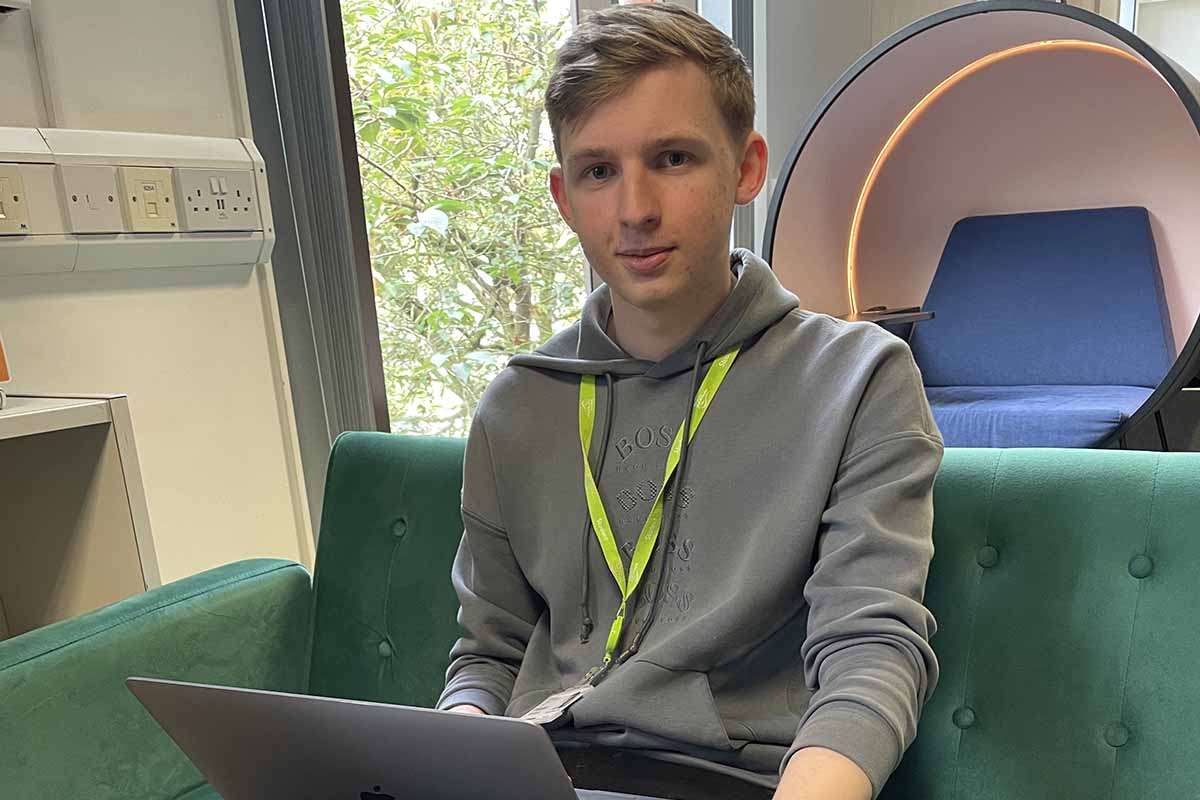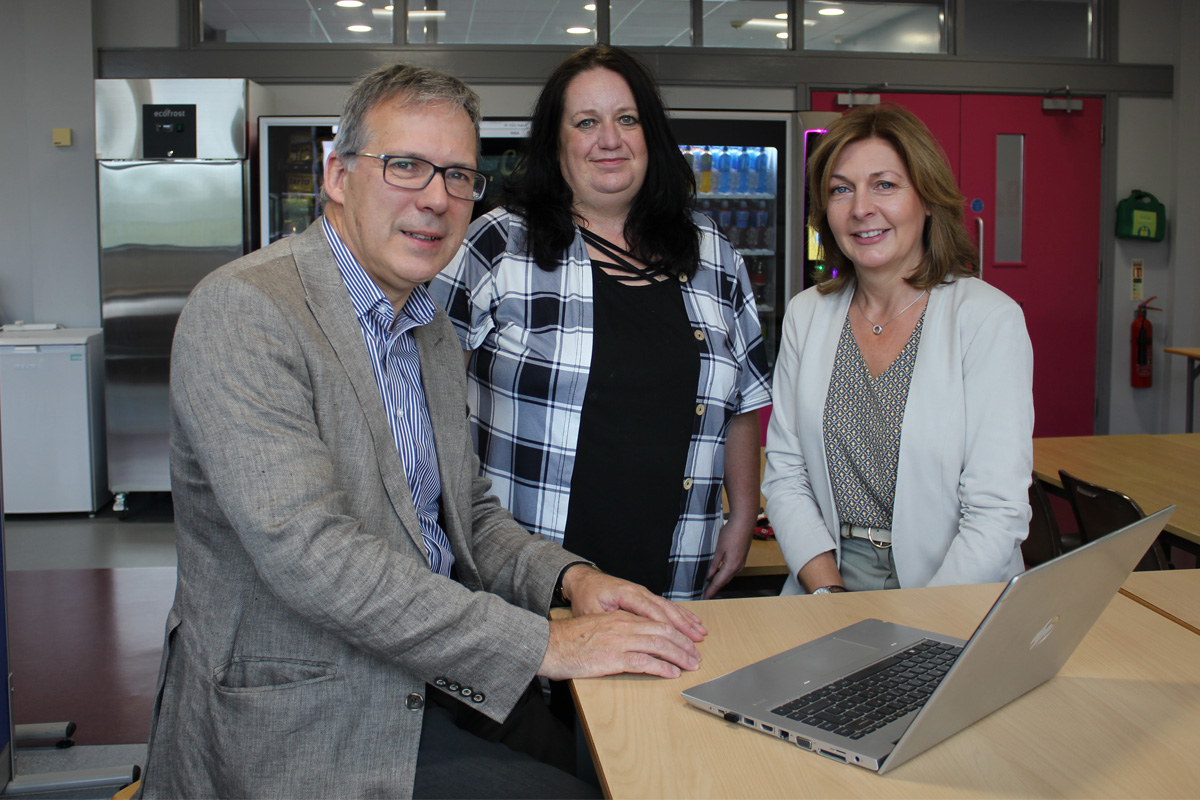Students begin to embrace AI for learning, Bramble survey shows

UK students are beginning to welcome AI as a learning tool, yet many students, parents, tutors and teachers remain unsure about the impact of the technology on education.
That’s according to Bramble’s fourth annual state of online tutoring survey, carried out in summer 2023.
A total of 1,172 took part in the survey – 40% of respondents were tutors, 26% teachers and 27% students.
Asked if they thought AI systems such as ChatGPT were good or bad for education, 41% of students believed they were a positive, with a larger proportion (46%) still undecided. Just 13% thought the technology would have a detrimental impact.
Parents shared similar views: although the same proportion of these respondents were unsure if AI was a threat or opportunity, 37% saw it as a positive and less than a fifth (19%) regarded it as a threat.
And while most students (54%) said they were using AI tools for a range of purposes, including revision, homework and classroom work as well as for their own personal interest, the majority of parents surveyed (70%) said their child hadn’t used the technology.
More than 70% of tutors and teachers had heard of generative AI such as ChatGPT. Of those who were aware that their students used generative AI tools most said the tools were used for revision.
Teachers and tutors offered mixed views about the use of AI in education, ranging from positive to concerned. Their comments included:
“It can be used to verify or check ideas and answers to questions. It can also be used to come up with new methods of teaching and learning.”
“…generative AI detrimentally affects the development of key skills, including analysis, evaluation, articulation and formulating personal opinions and judgements.”
“…AI can teach content better than many teachers, freeing up teacher time for interactive examples and Socratic discussions that help students not just acquire, but truly and deeply ‘learn’ the topics being taught.”
While the survey shows that for many the jury is still out on the use of AI in education, there are clear indications that AI powered technology is already beginning to play an important part in students’ learning.
Asked how likely it was that they would use Bramble’s AI-powered searchable lesson recordings for learning and revision, almost two-thirds (63%) of students said that they were likely or very likely to use the technology for these purposes. Many tutors see this feature as a key tool for online tutoring, with a third (33%) citing it as one of the main benefits of the live online tuition platform.
The survey also revealed that the appetite for a full return to in-person tutoring continues to wane. In this year’s survey just 11% of tutors wanted to return to purely in-person tuition – down from 14% in 2022. Nationally, almost half (47%) said they would prefer a mix of in-person and online tutoring, with 42% wanting to remain exclusively online – a 3% increase from the 2022 survey.
Other findings included:
- 62% of teachers said they haven’t used external tuition support for their school. Of those that had used external tuition, a third said it was exclusively online.
- 80% said that the tuition had had a positive impact on pupils, most commonly improving confidence and attainment.
- And nearly half (49%) of all tutors said that their tuition was exclusively online over the past 12 months. Just 11% said they wanted to return to fully in-person tuition.
- Location independence, more flexible lesson scheduling and reaching more students were seen as the most common benefits of online tuition for tutors.
Will Chambers, Bramble co-founder, said:
“From our survey findings it is clear that teachers, tutors and parents are still making their minds up about AI in education. Students however do feel most positively about AI and are most willing to experiment with the technology and are in fact beginning to embrace AI powered elements of our online platform to help them revise from their recorded learning sessions.”
He added: “AI has the potential to have a truly profound impact on our education system. That impact could be incredibly positive if government, educationalists and Edtech companies developing AI powered technologies like ourselves work together to ensure that the technology becomes a useful, accurate, informative and supportive tool that enhances learning.
“Our live online tutoring platform has for some time used AI – trained on a dataset derived from more than 2.8 million hours of tuition sessions that have taken place on our platform since 2015 – to allow students to quickly and accurately search through transcriptions and resources from their past online tutoring sessions for revision. It is clear from our survey that more students are using this technology for their learning and this points clearly towards a future where AI is likely to become an increasingly important learning tool.”
A total of 1,172 people took part in the survey. 82% were from the UK. 42% of respondents were tutors, volunteers or tutoring organisations, 26% teachers, 27% students and 5% parents. Further details on the finds are available here.











Responses